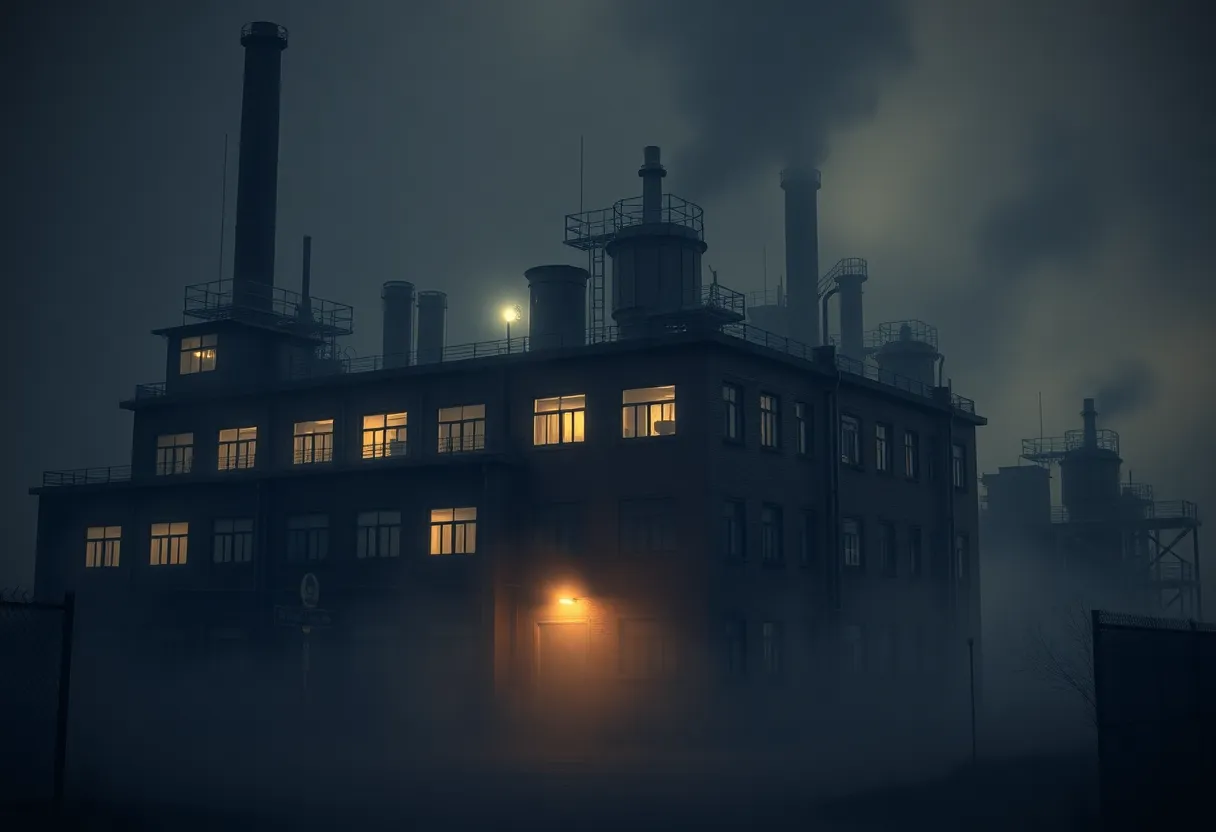News Summary
The podcast series ‘Assume Nothing: Killer Dust’ uncovers the hidden dangers of asbestos in Northern Ireland, starting from a secretive factory in Ballyclare. Through thorough investigation, it reveals corporate negligence and the health risks posed by asbestos, reflecting on industrial history and the ongoing fight for public safety. With its compelling storytelling, the series is set to educate listeners about the past and its implications for the future.
New Podcast Explores Asbestos Secrets in Northern Ireland
In a gripping new podcast series titled “Assume Nothing: Killer Dust,” the hidden dangers of asbestos take center stage, beginning its harrowing journey in Ballyclare, Northern Ireland, during the 1960s. This award-winning series unfolds over ten episodes, diving deep into a dark chapter of industrial negligence that has left an indelible mark on public health.
The Mysterious Factory Unveiled
The story kicks off with the opening of a factory operated by Turner and Newall, which was shrouded in secrecy from the moment it began operations. An old newspaper from 1967 famously headlined “Hush hush process in Ballyclare firm,” capturing the eeriness of a new workplace that required its guests to adhere to the mantra of “Strictly no photographs.” A total of 90 attendees were invited to witness the factory’s grand opening, yet they were kept at arm’s length from a highly classified process.
Pursuit of the Truth
Investigator Ophelia Byrne embarked on a rigorous eight-month investigation to shed light on what truly transpired within that factory. Her inquiries took her across the Irish Sea, reaching locations like Rochdale, Leeds, and London, uncovering layers of deception that shielded the company’s operations from public scrutiny. Through the release of a million documents for a transatlantic trial, Byrne unearthed potential cover-ups and evidence of corporate espionage linked to dangerous manufacturing practices.
The Unraveling of Corporate Deceit
Notably, the factory was primarily engaged in the production of asbestos, a notoriously hazardous substance known for causing various forms of cancer. Documents obtained through the investigation revealed insights about what government agencies were aware of regarding the risks associated with asbestos and when they were informed. Much of this correspondence was crucial to demonstrating the reckless pursuit of profit at the expense of human health.
The Dark Side of Profit
“Killer Dust” does not shy away from showcasing the journey of asbestos—from its mining stages to its eventual use in towering skyscrapers and residential homes. The series gives a voice to the courageous individuals who fought valiantly for the truth about asbestos and its pernicious effects. Their stories are a testament to the lengths that some will go to unearth the truth in the face of overwhelming corporate interests.
A Call to Awareness
As the podcast reveals the alarming details, it also raises critical questions about regulatory oversight and public safety regarding toxic materials. The uncensored exploration of the past serves as an urgent reminder of the need for vigilance in today’s industries. It illustrates how corporate greed can oftentimes overshadow the health and safety concerns that threaten lives—even decades later.
How to Tune In
Listeners can take part in this enlightening journey as the first half of the series becomes available on BBC Sounds starting on March 3. The first episode will air on BBC Radio Ulster on March 8 at 1 PM. With its combination of thorough research, investigative journalism, and intimate storytelling, “Assume Nothing: Killer Dust” promises to educate and intrigue, illuminating a dark chapter of industrial history that continues to affect lives today.
Conclusion
As new evidence surrounding the history of asbestos comes to light, it becomes increasingly clear that the fight against corporate malfeasance is far from over. “Assume Nothing: Killer Dust” not only captivates the audience with its riveting narrative but also serves as a clarion call to ensure that the past does not repeat itself, paving the way for safer practices in the future.



















